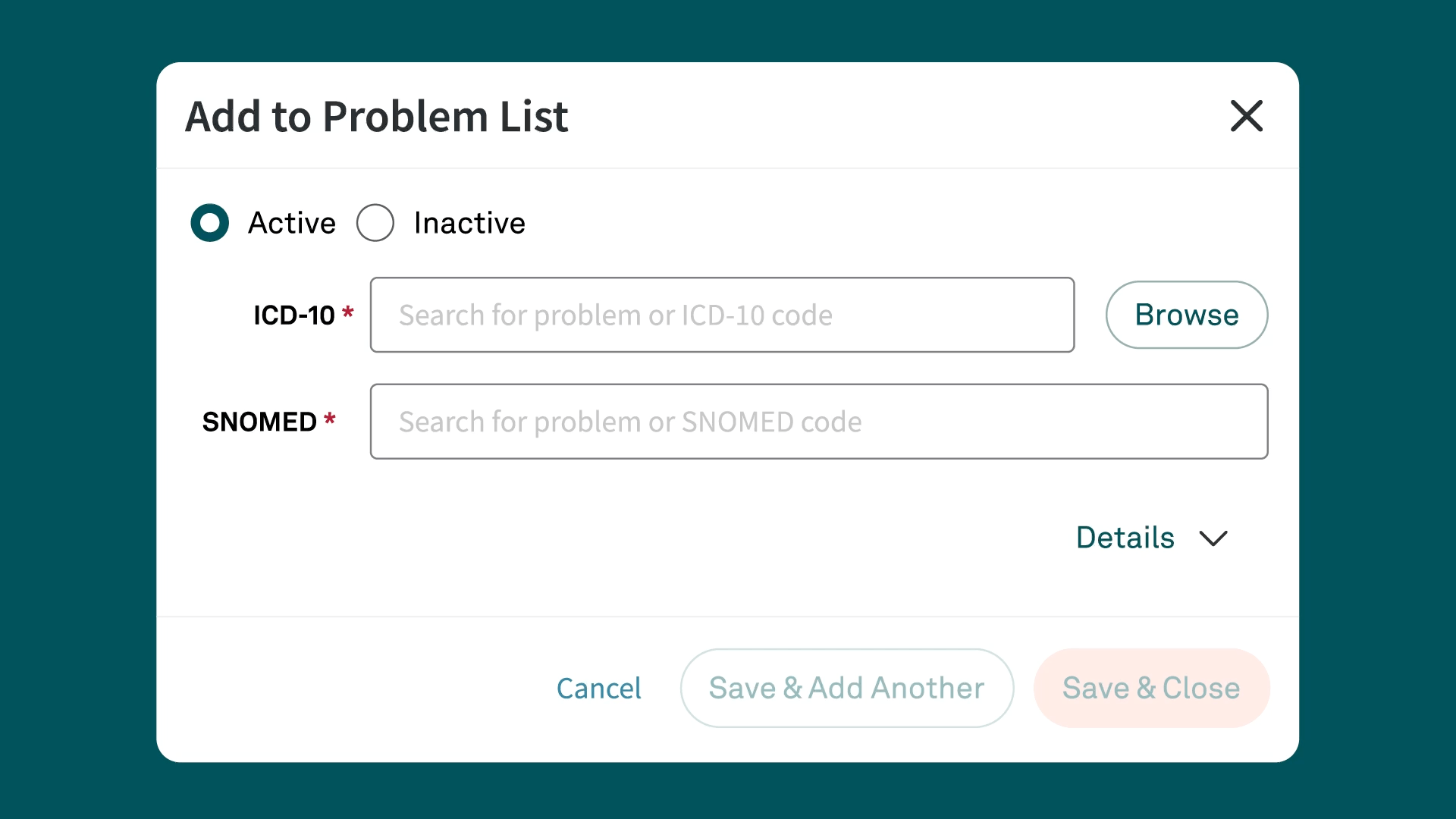ICD-10 Code F33.0
Major depressive disorder, recurrent, mild
What is the code F33.0?
F33.0 is the ICD-10-CM code for major depressive disorder, recurrent, mild. This code is used by healthcare providers and medical coders to classify and document a diagnosis of mild recurrent major depressive disorder.
Detailed description of F33.0
Major depressive disorder, recurrent, mild (F33.0) is characterized by repeated episodes of depression. These episodes typically involve a depressed mood, lack of interest or pleasure in daily activities, and other symptoms that impact daily functioning. The "mild" designation indicates that the symptoms are present but not as severe as in moderate or severe cases.
Symptoms commonly associated with F33.0
Symptoms of major depressive disorder, recurrent, mild (F33.0) often include:
- Persistent sadness or low mood
- Loss of interest in activities once enjoyed
- Fatigue or low energy
- Difficulty concentrating or making decisions
- Changes in sleep patterns (insomnia or hypersomnia)
- Changes in appetite (increased or decreased)
- Feelings of worthlessness or excessive guilt
Related and similar ICD-10-CM codes
Other ICD-10 codes related to depressive disorders include:
- F32.0: Major depressive disorder, single episode, mild
- F32.1: Major depressive disorder, single episode, moderate
- F33.1: Major depressive disorder, recurrent, moderate
- F33.2: Major depressive disorder, recurrent, severe without psychotic symptoms
- F33.3: Major depressive disorder, recurrent, severe with psychotic symptoms
Appropriate usage of F33.0 for billing
F33.0 may be reported when the provider documents in the assessment that the patient’s depression is major, recurrent, and mild. This code includes recurrent mild: seasonal affective disorder, seasonal depressive disorder, psychogenic depression, reactive depression, and other similar diagnoses.
Instructional guidelines for coding F33.0
- Ensure that the diagnosis is documented by the provider in the assessment portion of the note.
- Use F33.0 only if the depressive episodes are recurrent and mild. The F32 and F33 categories include other intensities and whether the episode is singular or recurrent.
- If the patient is diagnosed with bipolar or manic disorders, this is not the correct category. See F31 or F32.
- Refer to the tabular notes included in this code to see additional diagnosis synonyms.
- Verify that the code accurately reflects the provider's clinical assessment.
Additional guidelines:
- Refer to the ICD-10-CM Official Guidelines for Coding and Reporting for detailed instructions on coding depressive disorders.
- Use additional codes to identify any associated symptoms or conditions (e.g., insomnia or anxiety).
- Ensure that the documentation includes a clear description of the patient's depressive episodes and the mild severity.
Common pitfalls in coding with F33.0
- Misclassifying the severity of the depressive disorder (e.g., using F33.0 for moderate or severe cases).
- Failing to document the recurrence of depressive episodes.
- Overlooking comorbid conditions that may require additional coding.
Key resources for F33.0 coding
- CMS ICD-10 Homepage: Provides official resources and guidelines on ICD-10-CM coding.
- WHO ICD-10 Online Browser: Useful for verifying the definitions and relationships between different ICD-10-CM codes.
- American Psychiatric Association's Diagnostic and Statistical Manual of Mental Disorders (DSM-5)
Conclusion
Accurate coding of major depressive disorder, recurrent, mild (F33.0) is crucial for proper billing and documentation. By understanding the symptoms, related codes, and best practices, healthcare providers and medical coders can ensure precise and efficient use of this ICD-10-CM code.
Simplify ICD-10 code documentation with Tebra
Tebra’s EHR+ gives you quick searches and Systematized Nomenclature of Medicine (SNOMED) field names for efficient code documentation. Plus, Tebra automatically saves ICD-10 to SNOMED mapping for future searches, streamlining your workflow.

Discover how Tebra helps providers effortlessly document health-related issues and conditions in this detailed post.
Similar Codes
Stay Ahead with Expert Healthcare & Billing Insights
Get the latest industry updates, financial tips, and expert strategies — delivered straight to your inbox.
